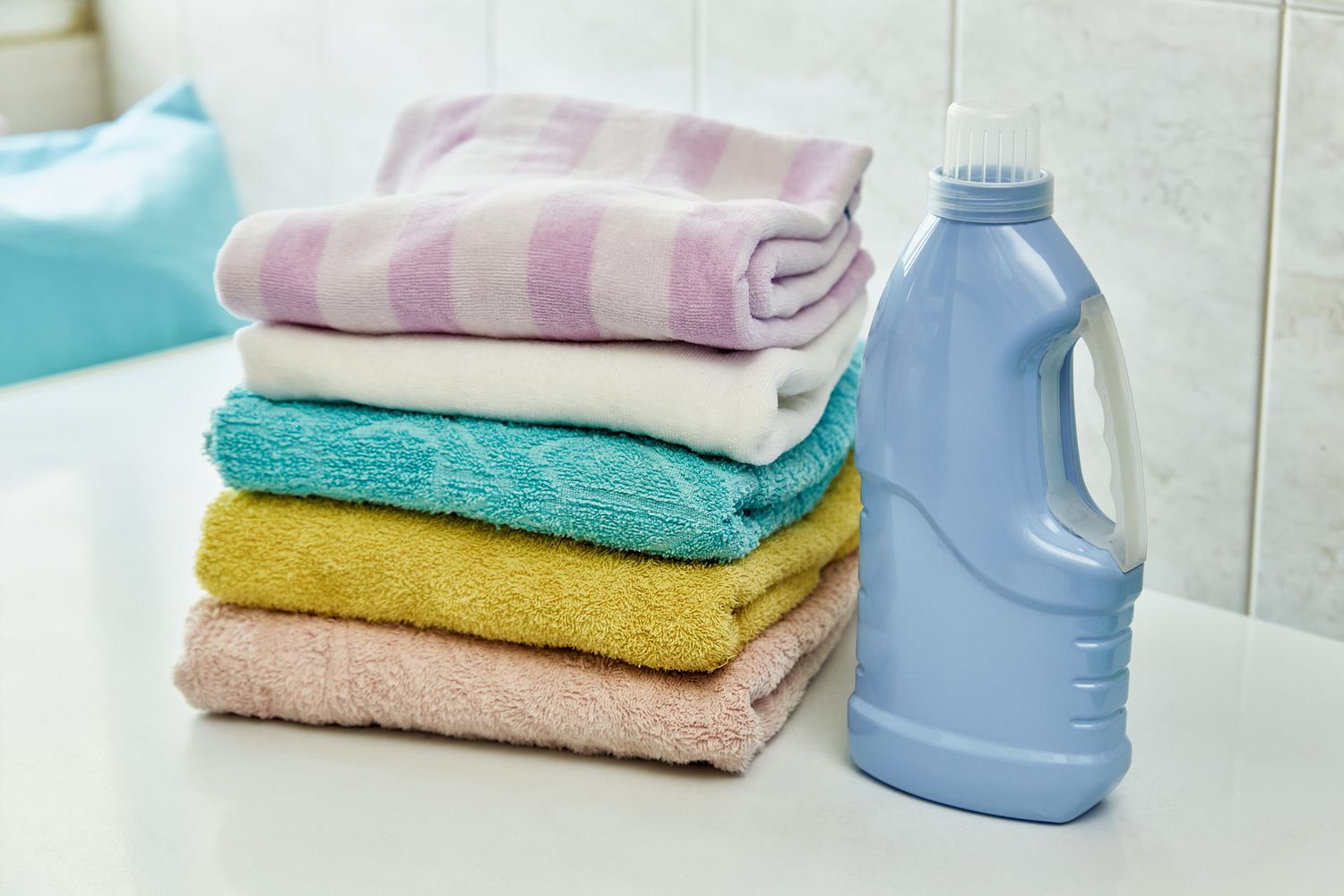
Antistatic Cleaners: Selecting the Right Cleaning Products
Looking to maintain a clean, static-free environment for sensitive equipment? Whether you’re in electronics, telecommunications, or aerospace, choosing the right...

Get 20€ off on your first order!
Although selecting the appropriate paper products for a business seems simple, the kind and quality of the paper supplies may greatly affect daily productivity, hygienic standards, and even staff happiness. Understanding product possibilities and performance characteristics is crucial whether your responsibility is for printer paper for office work, paper towels for bathroom usage, or specialist paper for industrial applications.
Looking at safety, long-lasting, and low-cost factors, this book gives helpful tips on picking paper goods that are right for European businesses. We’ll talk about different types of paper products, important things to think about, and rules that will help you make smart choices.
Workplace paper products range in nature and each one fulfills a different purpose to meet certain requirements. The most often occurring forms below together with their main applications:
There are a number of things that can affect how well paper goods work in different settings, such as an office or factory. These factors include how long the product lasts, how it affects the environment, how much it costs, and how well it meets government standards. All of these affect the quality and general efficiency of the product.
4. Cost-Effectiveness and Consumption Efficiency
Selecting the right supplier is as important as choosing the right product. A dependable supplier can offer consistent quality, competitive pricing, and responsive support. Here are some aspects to evaluate when considering suppliers:
Businesses all over Europe are putting more and more emphasis on sustainability, which makes it an important thing to think about when picking out paper goods. Here are some important tips for being environmentally friendly:
Recycling solutions often uses less energy and resources to make, which makes them a great choice for companies that care about the environment. Check for a high recycled material percentage when you buy recycled paper goods.
Paper products that are biodegradable break down on their own, which means less trash. Another benefit of biodegradable items is that they add valuable nutrients back to the soil. This is a business practice that fits well with eco-friendly policies.
When buying paper, choose goods that have been treated with few chemicals. Examples include chlorine-free or oxygen-bleached paper, which is safe for the climate and cuts down on chemical waste during production.
Though in the big picture of corporate resources, paper goods may seem like a minor matter, choosing the appropriate products may have real effects on operational efficiency, environmental impact, and general worker happiness. European companies may improve everyday operations by carefully weighing product performance, sustainability, cost-effectiveness, compliance, and compliance, therefore supporting more general objectives of safety and environmental responsibility.
Well-informed decisions allow companies to keep high standards of sanitation, productivity, and eco-consciousness by means of well-informed choices; so, paper goods are a useful but carefully controlled part of corporate activities.
Thank you! You've signed up for our newsletter.



















Looking to maintain a clean, static-free environment for sensitive equipment? Whether you’re in electronics, telecommunications, or aerospace, choosing the right...

When it comes to enhancing food service efficiency and customer satisfaction, Disposable Chopsticks are indispensable tools. Whether you run a...

Choosing the right fabric softener doesn’t have to be complicated. This guide is here to help you find the perfect...

Looking to maintain a clean, static-free environment for sensitive equipment? Whether you’re in electronics, telecommunications, or aerospace, choosing the right...

When it comes to enhancing food service efficiency and customer satisfaction, Disposable Chopsticks are indispensable tools. Whether you run a...

Choosing the right fabric softener doesn’t have to be complicated. This guide is here to help you find the perfect...
Get 20€ off on your first order!
Save 30% by buying directly from brands, and get an extra 10€ off orders over €100
Save 30% by buying directly form brands, and get an extra 10€ off orders over €100